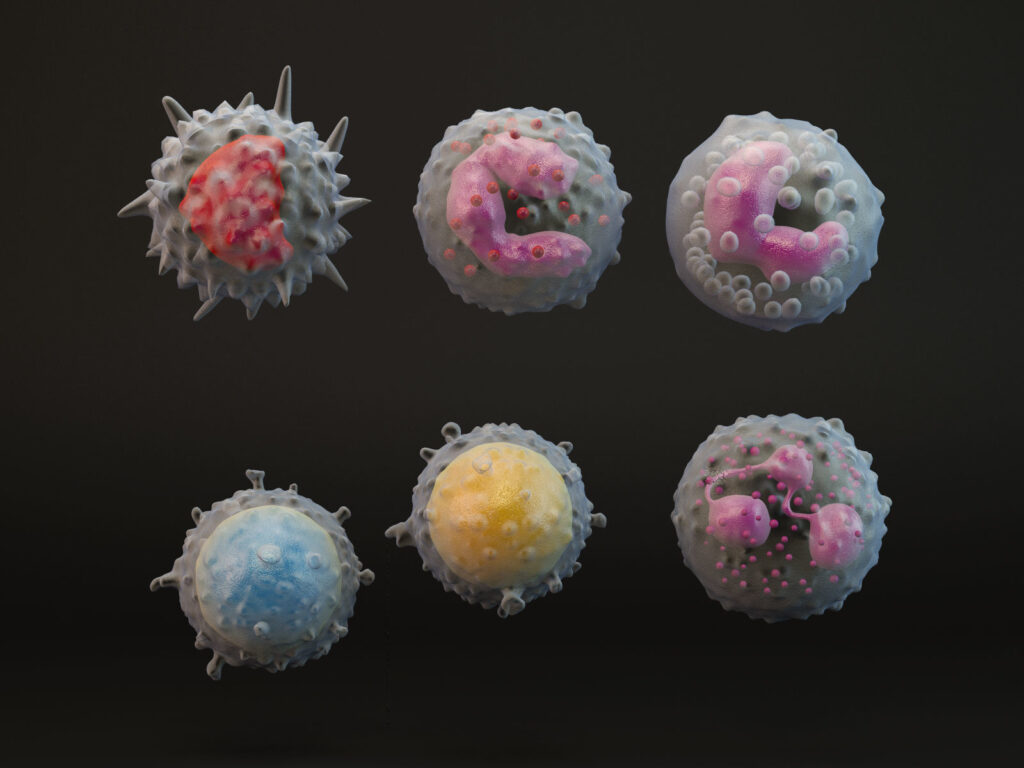
Thriving in The Face of a Cancer Diagnosis
If you have recently been diagnosed with advanced cancer or another serious life-threatening disease, remember that everything you might think about it—positive or negative—is merely

If you have recently been diagnosed with advanced cancer or another serious life-threatening disease, remember that everything you might think about it—positive or negative—is merely

Understanding Neutrophil to Lymphocyte Ratio (Part 2): Research Demonstrating its Role as a Valuable Prognostic Marker in Cancer A large body of research (as well

Inflammation is an essential part of our body’s immune defense. When we encounter pathogens such as bacteria, viruses, or parasites, our body responds with inflammation

As a follow-up to my post last week, Botanical Medicine: A Symphony in Harmony Against Cancer, I want to present some of the latest research

The world of Western conventional medicine is oriented to the ‘magic bullet’ paradigm, where the search for drugs relies on the concept of compounds that

In a recent article published in Medscape, the authors state that antioxidants are not only useless in preventing cancer, but quite possibly promote cancer growth.

As I observe the ways the ways of modern life, it’s obvious to me that we are living in a “quick-fix” world. Technology has lured

As an herbalist with 25 years of clinical experience, I witness on a daily basis the remarkable healing properties of plants. Although the foundation of

“All cancers are alike but they are alike in a unique way.”― Siddhartha Mukherjee, The Emperor of All Maladies: A Biography of Cancer Last September,